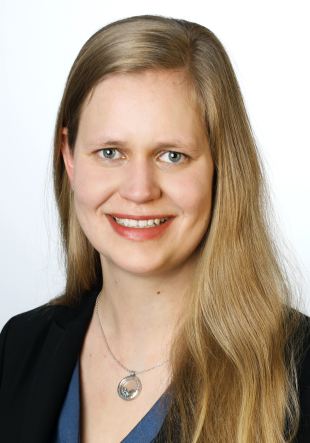Rausch, A., Goller, M., & Steffen, B. (2022). Uncovering informal workplace learning by using diaries. In M. Goller, E. Kyndt, S. Paloniemi, & C. Damşa (Hrsg.), Methods for researching professional learning and development: Challenges, applications, and empirical illustrations (S. 43-70). Springer. https://doi.org/10.1007/978-3-031-08518-5_3
Abstract
Many of the processes and outcomes of informal workplace learning remain almost unnoticed by the learner, which makes it difficult to empirically investigate informal workplace learning using retrospective self-reports. Intensive longitudinal methods allow for a data collection in situ, that means during or close to the actual processes. One such approach is the diary method, more rarely also referred to as working journals or learning logs. This chapter provides an introduction to the diary method as a data gathering tool for investigating informal workplace learning. It provides a discussion of different forms of validity, a systematic overview of typical research questions, diary parameters such as sampling methods, recording methods, and item formats as well as reporting standards in diary studies. In the second part of this chapter, two diary studies are presented to illustrate the various forms of implementation. The first study by Rausch investigates learning from errors in the workplace with a paper-based diary. In this section, the focus is on the measurement of emotions and the lack of correlation between diary and questionnaire data of similar phenomena. The second study by Goller and Steffen investigates the informal workplace learning of nurses during a special instructional setting (student-run hospital wards) and implemented voice recording. Future directions for diary studies on workplace learning are reviewed with respect to technological developments and mixed method designs.
Keywords
Diary method, Workplace learning, Process data, Research design
Hier geht es direkt zur Publikation.



